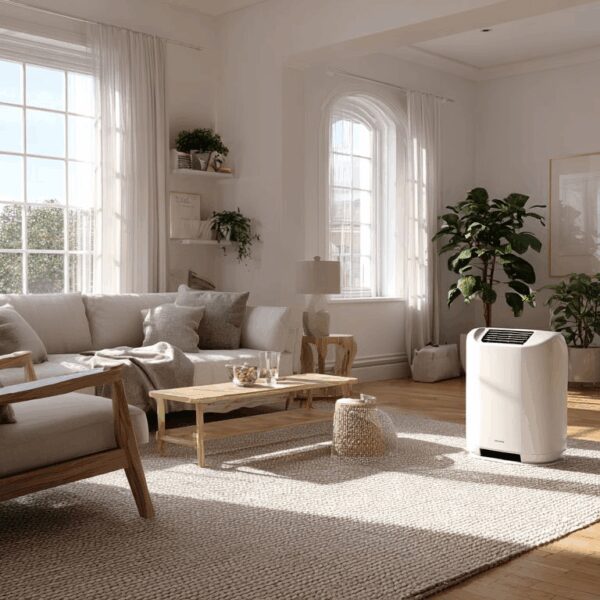As the summer heat intensifies, homeowners are constantly on the lookout for ways to keep their living spaces cool without solely relying on air conditioning. One tip that often circulates is the idea of opening the garage door to help lower the temperature inside the house. But does this method really work? Let’s dive into the mechanics and effectiveness of using your garage door as a cooling agent.
The Science Behind Heat Transfer
Understanding how heat moves is crucial in assessing whether opening your garage door can effectively cool your home. Heat transfer primarily occurs through conduction, convection, and radiation. When you open your garage door, you’re inviting outside air to mix with the indoor air, potentially initiating a process called cross-ventilation. This can be beneficial if the outdoor air is cooler than the air inside your garage, allowing for a natural decrease in temperature through the movement of air.
Comparing Indoor and Outdoor Temperatures
Before you consider using your garage door to cool your home, it’s important to compare the outdoor temperature with that inside your garage. If the temperature outside is higher or very close to the indoor temperature, opening the door might not only be ineffective but could also lead to an increase in indoor warmth. Using a thermometer to gauge both temperatures can guide your decision more accurately.
Insulation and Garage Position
The effectiveness of this cooling method greatly depends on how well your garage is insulated. A well-insulated garage can maintain a cooler atmosphere longer, which might help in slightly reducing home temperatures when opened during cooler periods of the day. Additionally, the position of your garage in relation to the sun (north-facing vs. south-facing) plays a significant role in how much heat it absorbs throughout the day.
Alternative Cooling Strategies
If opening your garage door proves ineffective, there are several other strategies you can employ. Consider enhancing cross-ventilation inside your home by opening windows on opposite sides of the house during cooler times, usually early morning or late evening. Installing reflective window films, using fans, and optimizing your air conditioning system by regular maintenance can also contribute significantly to keeping your home cool.
Weed vs grass: savvy solutions to kill the weed and save the grass
Risks and Precautions
While experimenting with natural ventilation, it’s important to consider security risks associated with leaving large openings such as garage doors open. Always ensure that you are at home and awake while trying this method to prevent any potential security issues. Additionally, be mindful of any local wildlife or pets that might see an open garage as an invitation.
Remember, sharing simple yet effective tips like these can make everyone’s life a bit easier during those hot summer days! If you found this information helpful, don’t forget to share it on social media!







